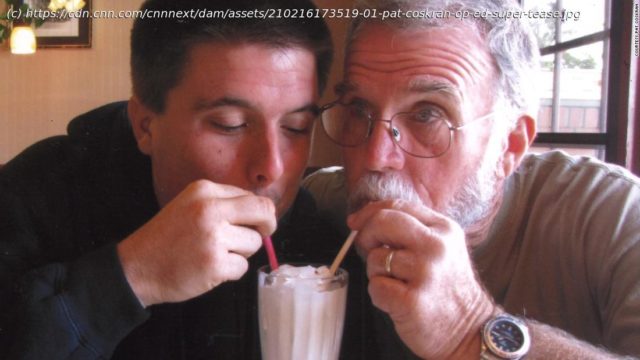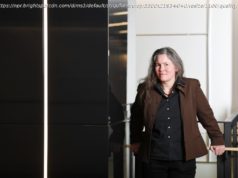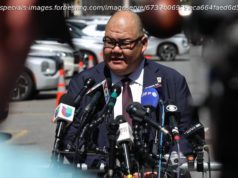Pat Coskran writes that he doesn’t understand how he and his wife could move up the priority list for a Covid-19 vaccine in California, when their 34-year-old son, Sean, who has autism, pervasive developmental disabilities, along with respiratory issues, didn’t qualify.
But as we walk, Linda turns towards me and asks, « Why are you squeezing my hand so hard? » I realize that my mind has shifted and my vise grip reveals another source of tension — anger. « What about Sean? How can the people in charge of prioritizing who gets the vaccine move us up in line, because we take care of him, but neglect Sean who is the vulnerable one? » I ask. This doesn’t make sense, and it’s gotten my blood boiling. At the time, California had not yet expanded vaccine eligibility to residents with developmental disabilities. The state has since announced in a memo that it has a plan to prioritize people 16-64 with various disabilities starting March 15. Autism isn’t listed specifically, but the memo says that prioritization will be given to individuals if they are « likely to develop severe life-threatening illness or death from Covid-19 infection, » if contracting the virus would « limit the individual’s ability to receive ongoing care or services vital » or if the individual’s disability would make Covid-19 care « particularly challenging. » Sean’s condition would, on paper, make him a priority, but as a parent — and as someone seeing many navigate a less than perfect registration system and states tasked with rationing out limited supplies of vaccines — I’m not sure that he will get vaccinated in a timely manner. I am a retired special education teacher and Linda is a retired ICU nurse. We have witnessed firsthand the pain and struggle that families face as they willingly take on the job of protecting and nurturing their child who happens to be « wired » differently. Today, these differences, according to the US Centers for Disease Control and Prevention, make Sean and his peers particularly vulnerable to contracting Covid-19 and much more likely to suffer severe symptoms. Parents and guardians of special needs children know that our kids can be unable or unwilling to wear masks. Developmental challenges make their personal hygiene less than perfect. We understand, « Wash your hands, and don’t touch your face. » They don’t. Lifesaving guidelines that might seem logical and obvious, goes in one ear and out the other for Sean. I imagine that for him, my voice can be like the sound of a gnat buzzing around his head. He hopes that by ignoring the sound, it will go away. He’s not being mean or rude, he just isn’t processing the message.






